Artificial intelligence developers face many ethical challenges when creating AI systems. These issues arise because AI can impact people’s lives in significant ways. For instance, AI is used to make decisions in hiring, healthcare, and law enforcement. If not designed carefully, it can lead to unfair outcomes or harm.
Developers must ensure that AI is trustworthy and unbiased. However, this is not always easy. AI learns from data, and if the data has biases, the AI can reflect or even amplify them. This makes ethics a key focus for developers, as they aim to create systems that benefit everyone without causing harm.
Examples of Ethical Issues
A common ethical challenge is bias in AI models. For example, if an AI system is trained on data that excludes certain groups, it may not perform well for everyone. This can lead to unfair treatment or discrimination.
Privacy is another critical issue. Artificial intelligence developers often work with sensitive user data. If this data isn’t handled properly, it can lead to privacy violations. Developers must follow strict guidelines to ensure data is secure and used responsibly.
How Do Artificial Intelligence Developers Ensure Responsible AI?

Building Transparent Models
To build responsible AI, artificial intelligence developers focus on transparency. This means creating models that are easy to understand and explain. For example, users should know how an AI system makes decisions.
Transparency builds trust. When people understand why AI behaves a certain way, they are more likely to feel comfortable using it. Artificial intelligence developers achieve this by documenting their work, testing models thoroughly, and providing clear explanations about how the AI operates.
Regular Ethical Audits
Ethical audits are another way developers ensure responsible AI. These audits involve reviewing the AI system to check for issues like bias or unfairness. It’s a bit like a health check-up for AI.
During these audits, artificial intelligence developers test the system with different data and scenarios. This helps them identify and fix problems before the AI is widely used. Regular audits are crucial because they keep AI systems aligned with ethical standards over time.
What Role Does Prompt Engineering Play in Ethical AI?
Defining Prompt Engineering
Prompt Engineering is a key process in guiding how AI responds to users. It involves crafting specific instructions or prompts that shape the AI’s output.
For example, in systems like ChatGPT, prompts can influence whether the response is helpful, harmful, or neutral. Artificial intelligence developers and ai prompt engineers use Prompt Engineering to ensure the AI behaves ethically and meets user expectations.
Ensuring Fair Responses in LLMS
In Large Language Models (LLMS) like ChatGPT, fairness is a top priority. LLMS are trained on vast amounts of text, which may include biased or harmful content. Without careful prompting, they might produce responses that reinforce stereotypes or misinformation.
Prompt Engineering helps developers guide LLMS to provide balanced and fair responses. By testing and refining prompts, ai prompt engineers play a critical role in maintaining ethical AI systems.
How Cn LLMS Be Developed Ethically?

Reducing Bias in LLMS
Large Language Models like ChatGPT can sometimes mirror the biases in the data they are trained on. Artificial intelligence developers work hard to identify and reduce these biases.
One way to do this is by using diverse and representative training data. Another approach is applying techniques that detect and correct biased patterns in the AI’s output. These steps help ensure LLMS provide fair and equitable responses to users.
Setting Clear Guidelines for Developers
Ethical development starts with clear rules. Artificial intelligence developers and ai prompt engineers follow guidelines that outline acceptable practices and behaviours for AI systems.
These guidelines might include principles like fairness, transparency, and accountability. By adhering to these rules, developers create LLMS that are not only effective but also aligned with ethical standards. This ensures the AI systems benefit everyone equally.
What Should AI Prompt Engineers Focus On for Ethical AI?
Creating Ethical Prompts
AI prompt engineers play an important role in guiding AI systems to behave ethically. They focus on crafting prompts that lead to responsible and fair responses. A well-designed prompt ensures the AI understands the context and avoids generating harmful or misleading content.
For example, when working with ChatGPT or similar models, ethical prompts are carefully structured to encourage balanced and accurate answers. This approach helps maintain the integrity of AI systems while reducing risks of unintended outputs.
Testing ChatGPT for Unintended Behaviour
Testing is another key responsibility for AI prompt engineers. They examine how ChatGPT responds to a wide variety of prompts to identify any potential problems.
If the AI produces biased or harmful responses, engineers refine the prompts and adjust the model. This constant testing ensures that AI systems like ChatGPT meet ethical standards and perform well in real-world scenarios.
Why Privacy Is a Top Priority for Artificial Intelligence Developers?

Protecting User Data
Privacy is one of the most critical aspects of ethical AI. Artificial intelligence developers take several steps to protect user data. This includes encrypting data, limiting access to sensitive information, and ensuring data is stored securely.
AI systems like LLMS often rely on large datasets, some of which may contain personal information. Developers must follow strict guidelines to ensure data is anonymised and handled responsibly.
Transparency in Data Usage
Users deserve to know how their data is being used. Artificial intelligence developers prioritise transparency by providing clear explanations about data collection and processing.
For example, AI systems should inform users if their data is being used for training purposes. By being upfront about data practices, developers build trust and reassure users that their privacy is respected.
How Do Artificial Intelligence Developers Handle Bias in AI?
Identifying Sources of Bias
Bias in AI often starts with the data. If the training data contains stereotypes or excludes certain groups, the AI might produce unfair results. Artificial intelligence developers work to identify these sources of bias early in the development process.
They analyse datasets to detect patterns that could lead to discrimination. By addressing these issues during development, they reduce the chances of biased outputs.
Strategies to Reduce Bias
Developers use several strategies to ensure fairness in AI. One method is diversifying the data used to train the AI. Another is testing the model with different scenarios to see how it performs across various groups.
Developers also use techniques like fairness-aware algorithms, which are designed to minimise bias. These steps help create AI systems that are fair and inclusive for everyone.
What Are the Benefits of Ethical AI for Everyone?

Building Trust with Users
Ethical AI builds trust. When users know an AI system is designed with fairness, transparency, and privacy in mind, they feel more confident using it.
For businesses, this trust translates to stronger relationships with customers. Ethical AI ensures that users feel valued and protected, which is essential for long-term success.
Encouraging Innovation
Ethical practices also foster innovation. When artificial intelligence developers focus on creating responsible AI, they open new opportunities for growth.
For example, ethical AI can improve industries like healthcare, finance, and education without causing harm. By prioritising ethics, developers can explore new possibilities while benefiting society as a whole.


